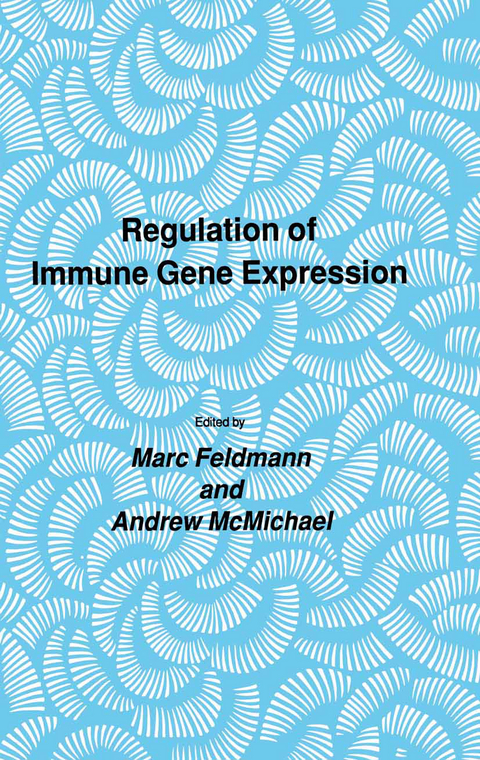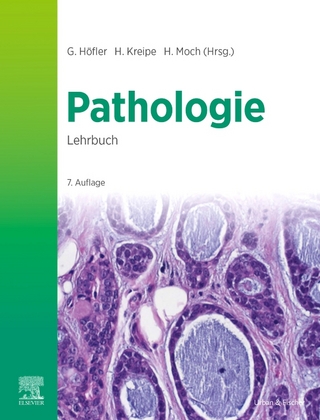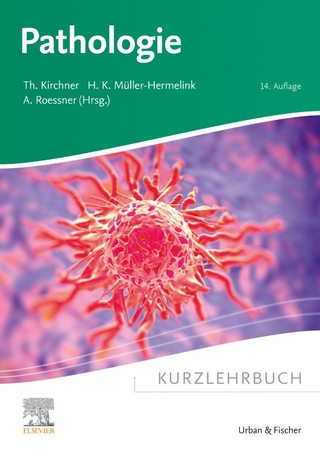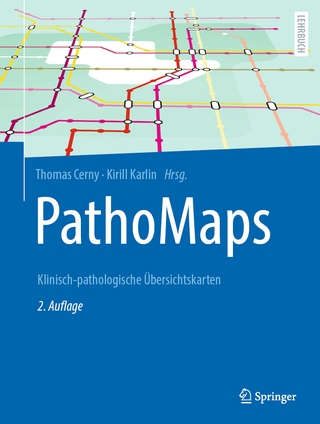
Regulation of Immune Gene Expression
Humana Press Inc. (Verlag)
978-1-4612-9399-6 (ISBN)
This book encompasses the proceedings of a conference held at Trinity College, Oxford on September 21-25, 1985 organized by a committee comprised of Drs. M. Crumpton, M. Feldmann, A. McMichael, and E. Simpson, and advised by many friends and colleagues. The immune response gene workshops that took place were based on the need to understand why certain experimental animal strains were high responders and others were low responders. It was assumed that identification of the immune response (Ir) genes and definition of their products would explain high and low responder status. Research in the ensuing years has identified the Ir gene products involved in antibody responses as the la antigens, or MHC Class II antigens. These proteins are now well defined as members of the immunoglobulin gene superfamily, and their domain structure is known. Epitopes have been defined by multiple mono clonal antibodies and regions of hypervariability identified. Their genes have been identified and cloned. The basic observation of high and low responsive ness to antigen is still not understood in mechanistic terms, however, at either the cellular or molecular level. This is because the rate of progress in immune regulation has been far slower than in the molecular biology of the MHC Class II antigens. This is not surprising, since immune regulation is a very complex field at the crossroads of many disciplines.
A. Molecular Basis of MHC.- Structure/Function Relationships Among Murine Class II Molecules: Sequence Analysis of l-A cDNA Clones.- Organization and Evolution of Mouse Major Histocompatibility Genes.- Gene Organization and Recombination Hot Spots in the Murine Major Histocompatibility Complex.- Molecular Genetics of Human la Antigens.- Polymorphism in the HLA-D Region.- Biochemical Diversity of the Human MHC Class II Antigens.- B. Molecular Basis of Lymphocyte Activation.- The T-Cell Receptor/T3 Complex.- Structure and Regulation of the Genes Encoding lnterleukin-2 and Its Receptor.- Activation of Precursor and Mature T Lymphocytes via the 50 kD T11 Molecule.- Functional Characterization of Several Steric Domains of the Murine Thy-1 and LFA-1 Molecules.- Interactions Between Protein Kinase C and the T3/T Cell Antigen-Receptor Complex.- C. Molecular Analysis of T Cell Receptors.- Murine T-Cell Receptor Genes and the Problems of Cellular Recognition and Repertoire Selection.- Organization and Expression of Human T-Cell Receptor Genes.- A Fusion Gene of Immunoglobulin and T-Cell Receptor DNA Segments in a Chromosome 14 Inversion of T-Cell Leukemia.- Diversity of T-Cell Receptor Structures Specific for Minimal Peptide/la Determinants: Implications for Immune Response Gene Defects.- A Chromosomal Inversion Generates a Functional T Cell Receptor ? Chain Gene.- D. Antigen Presentation.- Accessory Cells and the Activation and Expression of Different T Cell Functions.- HLA-Linked Immune Suppression Gene Maps Within HLA-DQ Subregion.- Processing and Presentation by Dendritic Cells—The Role of the Lysosome in Antigen Breakdown.- Recognition of Nucleoprotein by Influenza-Specific CTL.- Structural and Conformational Requirements for Ir-Gene-Controlled Myoglobin EpitopeRecognition by la-Restricted T Cells and Clones.- E. Hla and Disease.- HLA in Transplantation.- Class III HLA Genes and Systemic Lupus Erythematosus.- HLA-D Region Expression on Thyrocytes: Role in Stimulating Autoreactive T Cell Clones.- F. T Cell Repertoire.- T-Cell Repertoire Tuning by the MHC in Protection Against Lethal Vims Infection and in Rejection of H-Y Disparate Skin Grafts.- The Influence of the Molecular Context of T-Cell Determinants and the Non-MHC Genetic Context of the H-2b Genes on the Immunogenicity of Lysozyme.- Differential Expression of HLA-DR and DQ Molecules on Activated T Lymphocytes.- Interactions of Majors and Minors as Seen by T-Cells and Other Spectators.- Workshop Summaries.- Relationship of Idiotypes and MHC Networks.- The Relationship of T-Cell Receptors and Factors.- T-B Cell Interactions.- Regulation of Antigen Presentation and T Cell Subsets.- Transfection of MHC Genes.- Tolerance and Development of T Cell Repertoire.
| Erscheint lt. Verlag | 4.2.2012 |
|---|---|
| Reihe/Serie | Experimental Biology and Medicine ; 13 |
| Zusatzinfo | XIV, 360 p. |
| Verlagsort | Totowa, NJ |
| Sprache | englisch |
| Maße | 155 x 235 mm |
| Themenwelt | Studium ► 2. Studienabschnitt (Klinik) ► Pathologie |
| Studium ► Querschnittsbereiche ► Infektiologie / Immunologie | |
| Naturwissenschaften ► Biologie ► Genetik / Molekularbiologie | |
| ISBN-10 | 1-4612-9399-5 / 1461293995 |
| ISBN-13 | 978-1-4612-9399-6 / 9781461293996 |
| Zustand | Neuware |
| Haben Sie eine Frage zum Produkt? |
aus dem Bereich


